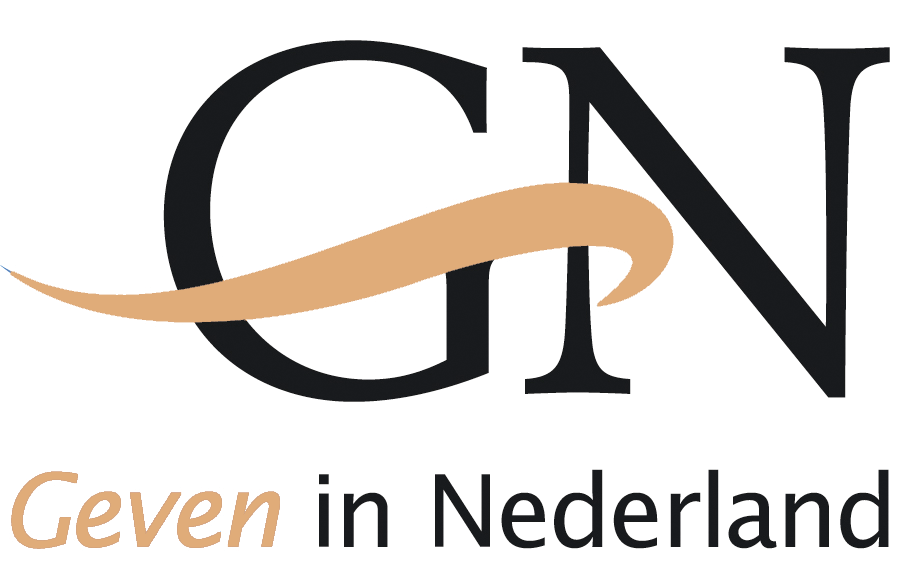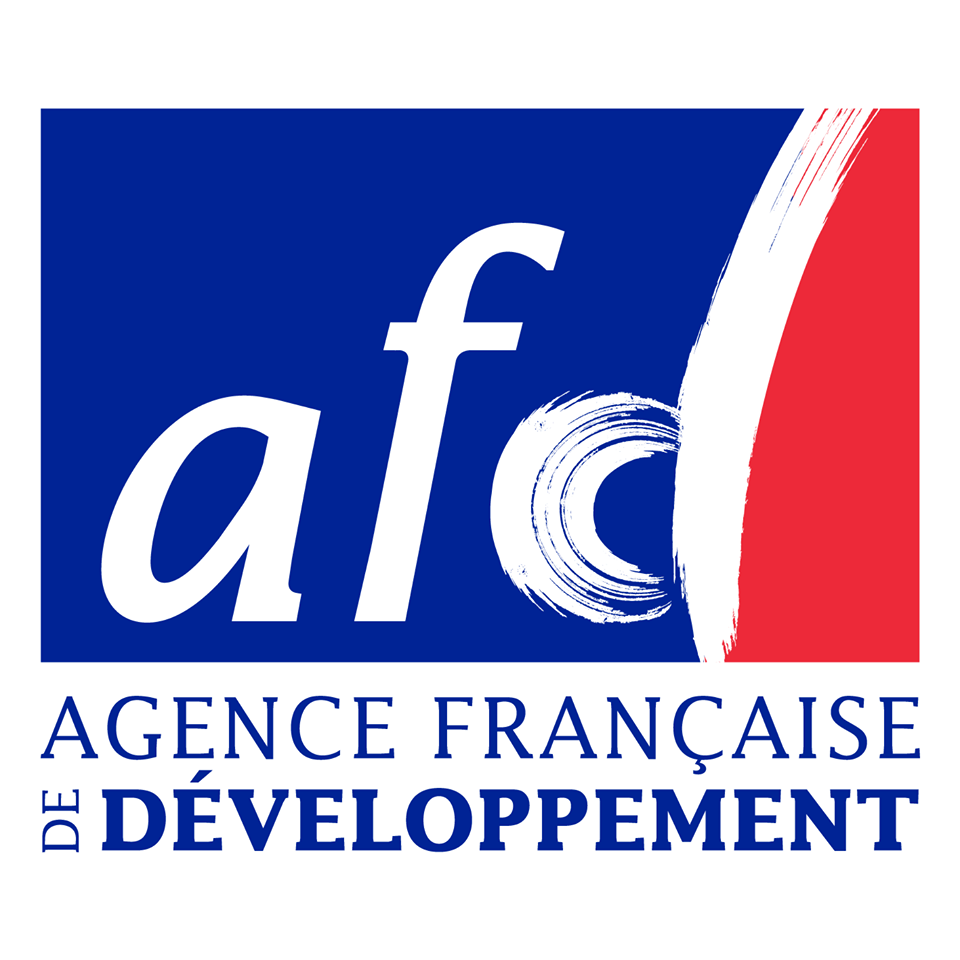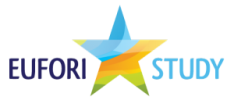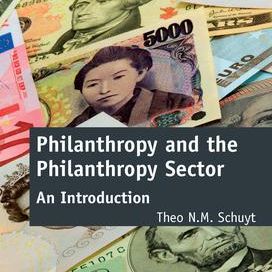Geven in Nederland
Geven in Nederland is een van de belangrijkste onderzoeksprojecten van de werkgroep Filantropische Studies. Sinds 1995 wordt het geefgedrag van huishoudens, individuen, fondsen, bedrijven en goede-doelenloterijen elke twee jaar in kaart gebracht en samengevoegd tot een macro-economisch overzicht. Het gaat dan niet alleen om bijdragen in de vorm van geld en goederen, maar Nederlanders geven ook tijd en inzet in de vorm van vrijwilligerswerk op vele maatschappelijke terreinen. Geven in Nederland onderscheidt 8 maatschappelijke en goede doelen: (1) kerk en levensbeschouwing (religie), (2) gezondheid, (3) internationale hulp, (4) milieu, natuur en dierenbescherming, (5) onderwijs en onderzoek, (6) cultuur, (7) sport en recreatie en (8) maatschappelijke en sociale doelen.
Klik hier voor meer informatie over het Geven in Nederland onderzoek.
Giving Europe
De goede doelen, “philanthropy” en de filantropische sector zijn booming business in Nederland en in de Europese gemeenschap: vermogende particulieren, de ‘entrepreneurial wealthy’, fondsen, maar ook bedrijven raken betrokken bij tal van maatschappelijke doelen op het terrein van cultuur, onderwijs, onderzoek, natuurbehoud en leefbaarheid. Het project ‘Giving Europe’ beoogt het Nederlandse onderzoek bij andere Westeuropese landen te introduceren (te beginnen met België, UK, Duitsland, Frankrijk, Italië en Zwitserland). Met het doel te komen tot een ‘Giving Europe’, opgebouwd uit de nationale ‘Giving’ studies. Daartoe is een “European Research Network on Philanthropy”(ERNOP) opgericht.
Overige Onderzoeksprojecten
Recente Publicaties
ITSSOIN
Fondsen in internationale hulp
Lees hier meer over het onderzoek over fondsen binnen de internationale hulp.
EUFORI Study
Philanthropy and the Philanthropy Sector
Bekkers, R., Gouwenberg, B., Koolen-Maas, S. A., & Schuyt, T. (2022). Geven in Nederland: Maatschappelijke betrokkenheid in kaart gebracht. Amsterdam University Press.
Piersma, T. W., Bekkers, R., de Kort, W., & Merz, E-M. (2021). Altruism in blood donation: Out of sight out of mind? Closing donation centres influences blood donor lapse. Health and Place, 67.
Koolen-Maas, S. A., van Teunenbroek, C., & Bekkers, R. (2021). Culture change is hard: Evidence from a tax reform in the Netherlands. In H. Peter & G. L. Huber (Eds.), The routledge handbook of taxation and philanthropy (pp.476-508). Routledge.
Koolen-Maas, S. A., Meijs, L. C. P. M., & Brudney, J. L. (2021). Designing “National Day of Service” projects to promote volunteer job satisfaction. Nonprofit and Voluntary Sector Quarterly, 50(4), 866-888.
Wiepking, P., Handy, F., Park, S., Neumayr, M., Bekkers, R., Breeze, B., de Wit, A., Einolf, C. J., Gricevic, Z., Scaife, W., Bethmann, S., & Breen, O. B. (2021). Global philanthropy: Does institutional context matter for charitable giving? Nonprofit and Voluntary Sector Quarterly, 50(4), 697-728.
Van Teunenbroek, C., & Bekkers, R. (2021). Hoe kan de huis-aan-huis collecte overleven?: Het bereik en de toekomst van Nederlands meest herkanbare vorm van contact met goededoelenorganisaties. Vrije Universiteit Amsterdam: Werkgroep Filantropische Studies.
Hunnik, O., de Wit, A., & Wiepking, P. (2021). (In)Equality through unrestricted grantmaking: Examining trust and power in the collaboration between the Dutch charity lotteries and their grantees. Foundation Review, 13(2), 38-51.
Yang, Y., & Wiepking, P. (2021). Party membership and charitable giving in China: The mediating role of resources, networks, prosocial values and making compulsory donations. Voluntary Sector Review, 12(2), 167-187.
Van Teunenbroek, C., Bekkers, R., & Beersma, B. (2021). They ought to do it too: Understanding effects of social informon on donation behaviour and mood. International Review on Public and Nonprofit Marketing, 18(2), 229-253.
Koolen-Maas, S. A. (2021). Who owns your nonprofit?: A reconceptualization of nonprofit ownership. In G. Donnelly-Cox, M. Meyer, & F. Wijkstrom (Eds.), Research handbook on nonprofit governance (pp.98-115). Edward Elgar Publishing.




